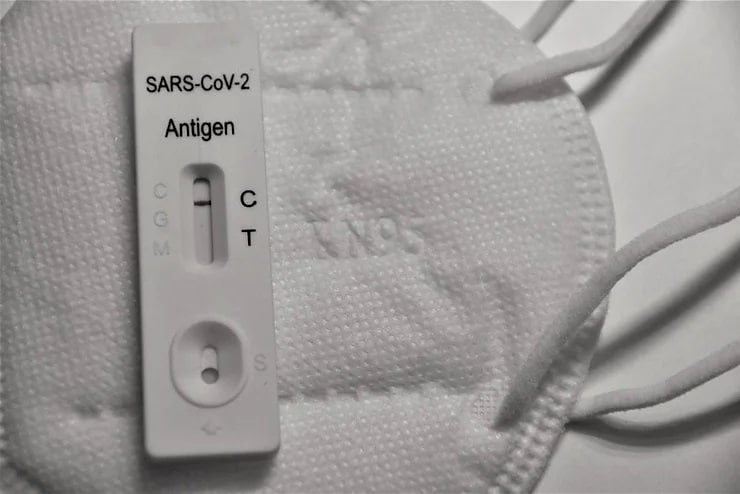Using Antigen Tests for SARS-CoV-2
Antigen tests are used to check for the presence of a respiratory infection caused by the SARS-CoV-2, the virus which causes coronavirus. The FDA has approved the antigen test for use in laboratories as well. Learning more about how to conduct antigen tests and how the test can help is beneficial for health physicians. Here are the requirements needed for antigen tests and the best ways to administer them:
General Aspects
Most types of antigen tests are authorized to be administered at the point of care facilities. The antigen tests are less costly than others tests, and the test results can be received within 15 minutes, which makes this test quick and efficient. However, antigen tests are less accurate than PCR testing. The antigen tests use nasal swabs as samples.
Regulatory Requirements
To ensure the safety of administering physicians and patients during antigen testing, the FDA outlined policies for the use of antigen testing. The FDA oversees in vitro diagnostic devices that include the Q-tip-like instrument used to collect the samples for antigen testing. The devices to be used for the antigen tests and other types of diagnostic and screening tests need to have received a EUA (emergency use authorization) from the FDA or need to be issued under the FDA’s covid-19 testing policies.
In addition to this, the testing facility needs to attain a CLIA (Clinical Laboratory Improvement Amendments) certificate in order to start testing procedures. The physicians and lab professionals need to follow the CLIA requirements when working under the facility.

Technicalities of Test
The NAATs test is the highest standard of tests to detect viral infection. If the results of antigen tests are inconsistent or suspicious, then a confirmation through a NAAT test might be required. Antigen tests are less sensitive than PCR testing and NAAT, but the margin doesn’t deem the antigen test unreliable.
False positives can also likely occur in antigen testing. This is an ordinary situation where in vitro testing is done in communities where infected cases are few. The rate of false positives also increases where this type of situation is more likely.
Using pretest probability can also help determine the reliability of antigen results. Pretest probability shows how likely the patient is to have the disease based on the general community area. CDC recommends professionals to use a rolling average of the positivity rate of the previous 7-10 days of testing.
The risk of contracting the coronavirus is higher in enclosed and indoor facilities. To decrease this risk of transmission, Good Hearts Testing provides at-home covid testing and antigen testing along with PCR testing for residents in Miami or Los Angeles. We also offer drive-thru covid testing options for increased safety and convenience.
With Good Hearts Testing, you can expect to get quick and accurate covid testing, as we’ve partnered with notable laboratories and use the testing methodology approved by WHO. You can book your appointment with us online!
